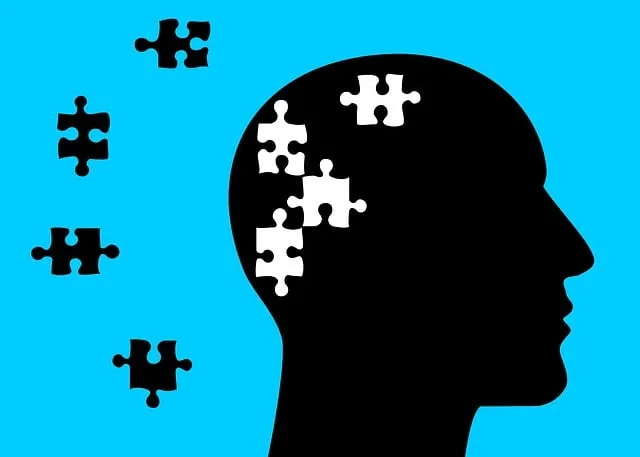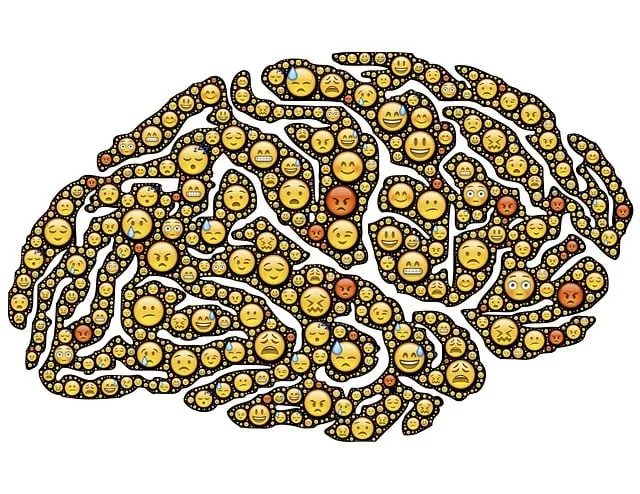Evaluating mental wellness programs at Greenwood Village Kaiser Permanente involves a blend of qualitative and quantitative methods, including surveys, interviews, focus groups, and data analysis. This approach ensures comprehensive understanding of program effectiveness, aligning services with individual needs. The Greenwood Village Kaiser Permanente psychiatry phone number provides easy access to tailored coaching programs focusing on social skills, emotional well-being, and mental health education. Key Performance Indicators (KPIs) like anxiety relief and stigma reduction guide continuous improvement, ensuring optimal mental wellness outcomes through patient feedback loops and data analysis.
Mental wellness program evaluation is a crucial aspect of ensuring effective healthcare services. This comprehensive guide explores various methods to assess and improve mental health programs, focusing on key performance indicators and data-driven strategies. From qualitative insights to quantitative analysis, understanding these approaches is essential for professionals like those at the Greenwood Village Kaiser Permanente Psychiatry department. Accessing expertise through phone numbers like theirs facilitates tailored solutions. Discover how continuous improvement cycles enhance mental wellness initiatives.
- Understanding Mental Wellness Program Evaluation
- Greenwood Village Kaiser Permanente Psychiatry Phone Number: Accessing Expertise
- Qualitative vs. Quantitative Assessment Methods
- Key Performance Indicators for Mental Health Programs
- Continuous Improvement: Feedback Loops and Data Analysis
Understanding Mental Wellness Program Evaluation

Evaluating mental wellness programs is a multifaceted process that plays a crucial role in understanding their effectiveness and impact on individuals’ well-being. It involves systematic methods to assess various aspects, from the design of Mental Health Education Programs to the implementation of Stress Reduction Methods and Conflict Resolution Techniques. This evaluation is essential for organizations like Greenwood Village Kaiser Permanente’s psychiatry department, which prioritizes patient care and outcomes.
By utilizing a combination of qualitative and quantitative tools, professionals can gain valuable insights into program success. This includes surveys, interviews, and focus groups that capture participants’ experiences and perceptions. Additionally, data analysis of program outcomes, such as reduced anxiety or improved communication skills, is instrumental in measuring the overall mental wellness program evaluation. Such approaches ensure that resources are allocated efficiently and that services provided align with the evolving needs of individuals seeking support.
Greenwood Village Kaiser Permanente Psychiatry Phone Number: Accessing Expertise

At Greenwood Village Kaiser Permanente, accessing expertise in mental wellness coaching programs is as simple as dialling the psychiatry phone number. This dedicated line connects individuals seeking support to a team of highly qualified professionals who specialize in various therapeutic approaches. The team offers a range of services, including Social Skills Training and Emotional Well-being Promotion Techniques, tailored to meet the unique needs of each patient.
Through this accessible resource, Kaiser Permanente strives to enhance mental wellness within their community. By providing direct access to psychiatric care, they empower individuals to take charge of their emotional well-being and foster personal growth. Whether one is looking for guidance in navigating life’s challenges or seeking professional support for specific mental health concerns, the Greenwood Village Kaiser Permanente psychiatry phone number serves as a vital connection to expert care.
Qualitative vs. Quantitative Assessment Methods

When evaluating mental wellness programs, researchers often employ two primary assessment methods: qualitative and quantitative. Qualitative assessments delve into the experiences, perceptions, and subjective interpretations of individuals involved in the program. This approach allows for rich, detailed insights into emotional healing processes, conflict resolution techniques, and personal growth journeys. Methods like interviews, focus groups, and surveys with open-ended questions capture the nuances of participants’ interactions and responses. For instance, a study at Greenwood Village Kaiser Permanente psychiatry phone number might use qualitative methods to explore how clients perceive their therapy sessions and the impact on their stress reduction methods.
In contrast, quantitative assessments rely on numerical data and statistical analysis to measure program effectiveness. These methods can provide objective metrics on outcomes like symptom severity, treatment adherence, and overall mental health status. By administering standardized questionnaires or using rating scales, researchers quantify changes over time. For example, a survey distributed before and after the program can gauge improvements in various dimensions of mental wellness. Quantitative approaches offer a broader view, allowing for comparisons between groups and tracking trends across different interventions, including those focused on conflict resolution techniques.
Key Performance Indicators for Mental Health Programs

Mental wellness programs are evaluated using a range of Key Performance Indicators (KPIs) that measure their effectiveness and impact. These KPIs play a crucial role in understanding how well these programs address various mental health concerns, such as Anxiety Relief, Depression Management, and Mental Illness Stigma Reduction Efforts. For instance, Greenwood Village Kaiser Permanente psychiatry phone number can serve as a vital metric for gauging accessibility and utilization of psychiatric services, reflecting community needs and awareness.
Beyond numerical data, qualitative assessments like participant feedback and case studies offer valuable insights into the program’s impact on individuals’ lives. These evaluations help in identifying areas of success and areas that need improvement, ensuring that Mental Illness Stigma Reduction Efforts are integrated effectively, and boosting participants’ Confidence Boosting through tangible improvements in their mental well-being.
Continuous Improvement: Feedback Loops and Data Analysis

At Greenwood Village Kaiser Permanente, psychiatry services are at the forefront of mental wellness program evaluation. One key aspect of their approach is continuous improvement, driven by robust feedback loops and data analysis. Regular patient feedback plays a pivotal role in this process, allowing for adjustments to treatment plans based on real-world experiences. By actively incorporating patient insights, the healthcare provider can tailor interventions more effectively to meet individual needs, ensuring that services remain relevant and impactful.
Data analysis further strengthens this cycle of improvement. Examination of program outcomes, including measures of emotional well-being promotion techniques and stress management strategies, provides valuable insights. This data helps identify areas where Trauma Support Services could be enhanced or innovative solutions introduced. Through such continuous evaluation, Greenwood Village Kaiser Permanente remains committed to optimizing mental wellness programs, ultimately improving patient lives and experiences.
Evaluating mental wellness programs is a multifaceted process, from understanding key performance indicators to employing qualitative and quantitative assessment methods. Organizations like Greenwood Village Kaiser Permanente, with their dedicated psychiatry services (phone number accessible upon request), offer valuable expertise in this domain. By continuously analyzing data through feedback loops, mental health programs can significantly improve their effectiveness. This approach ensures that services remain aligned with the evolving needs of individuals seeking support for their mental wellness.






